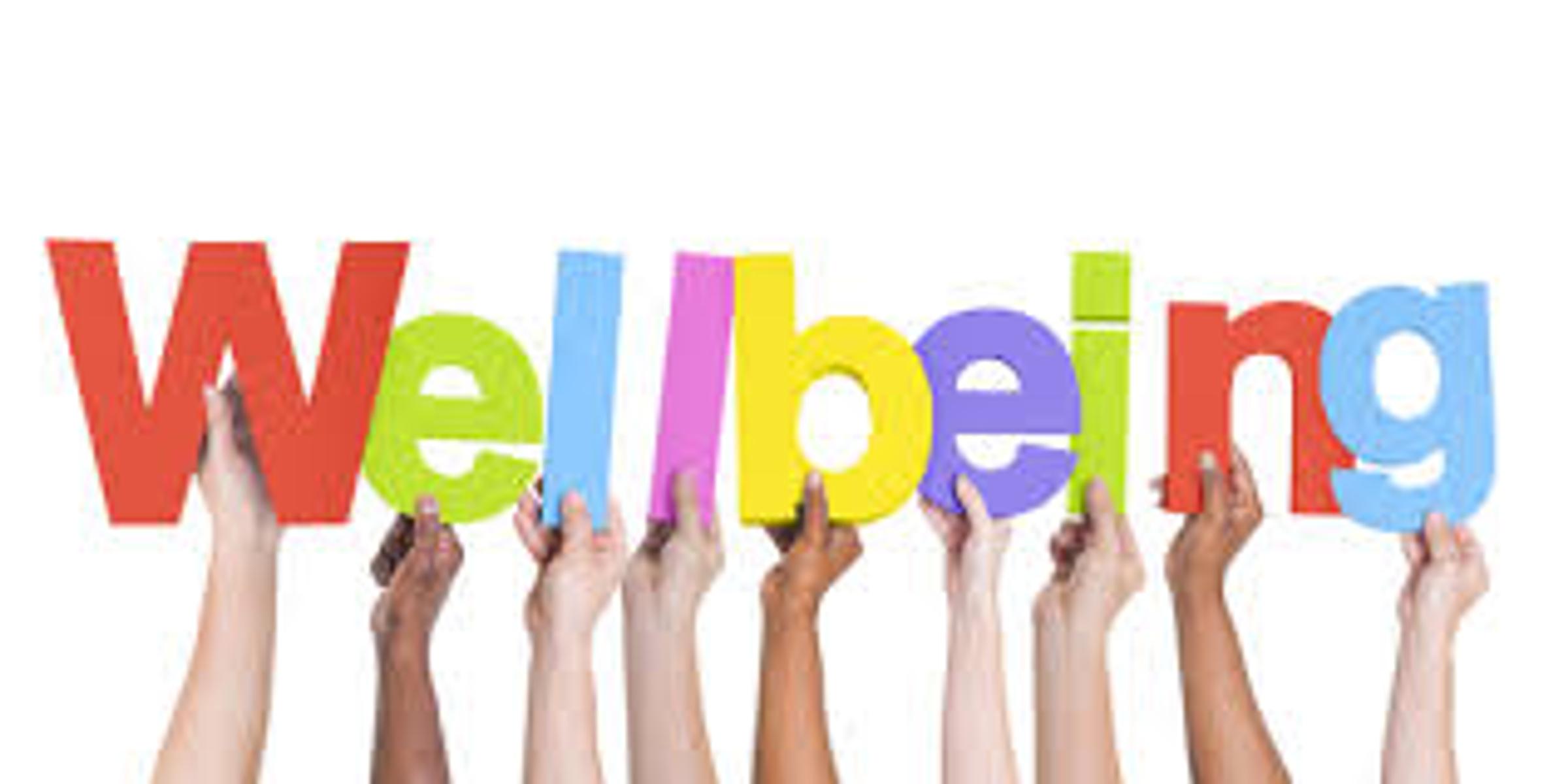WELLBEING NEWS
Fatherhood Redefined

WELLBEING NEWS
Fatherhood Redefined
Dads of all kinds are important contributors to families. Biological fathers, step-fathers, legal guardians, fosterfathers, grandfathers, even close family friends acting as faux fathers can all perform important roles in families. There is even a YouTuber who acts as “Dad” to 4.6 million subscribers, who turn to him for “Dadvice” about everything from how to shave a beard to how to inflate a tubeless wheelbarrow tire.
However, the benefits of having a present and involved dad go far beyond having someone around to teach wheelbarrow maintenance. In fact, Harvard family scholars Marc Grau Grau and Hannah Riley Bowles state that “The importance of engaged fatherhood is now undismissable in ways it was not in earlier decades.”
Fathers are not like mothers. Fathers parent in unique ways, which offers unique and important benefits to their families and children.
Here’s a few things dads can do to be uniquely helpful:
Take paternity leave
Fathers who take paternity leave, especially if they take at least two weeks, are significantly more likely to dedicate their time to childcare and housework, not only during their leave period, but at least until the child is two to three years old!
Be present
It seems simple, but remember that having a present father in the home is a protective factor for reducing antisocial behaviour in boys, and reducing teen pregnancy, depression, and early sexual activity in girls
Share the load
It’s highly likely that the distribution of childcare and housework tasks isn’t as even as you might like to believe it is. By stepping up and sharing the load, fathers can help close the gender gap even further, model for their children how healthy relationships function, and set expectations for their children’s future relationships.
Play
Dads play in unique ways, particularly by encouraging risk taking and exploration. The sort of vigorous, stimulating rough-housing play that dads are so great at predicts enhanced social competence, while decreasing externalising and internalising behaviour problems.
Read to the kids
Reading books together, telling stories, and singing songs to the kids are all important forms of cognitive stimulation which have established benefits for improving literacy outcomes in children. Interestingly, these benefits are more pronounced when dad does the storytelling.
Talk with the kids
Dads also engage in a unique communication style with their kids. Fathers seem more likely to use bigger words when they speak to their children. Mums keep it simple. Both forms of communication are valuable for kids, but this report from the American Academy of Pediatrics points out data showing that “at 3 years of age, father-child communication was a significant and unique predictor of advanced language development in the child but mother-child communication was not.”
Engage in discipline
To discipline means to instruct, teach, and guide. Parents can effectively discipline their kids by setting limits in a way that explores what’s going on, explains our reasoning for desired behaviour, and empowers kids to problem solve and come up with reasonable ways forward. Fathers are typically more authoritarian than mothers, so may need to work harder to move away from coercive and punitive discipline methods.
There’s so many other things dads can do to be excellent fathers. But… here’s the vital thing:
Fatherhood matters. Period. Even if dad is not in the family home. Even if dad is not married or together with mum. Even when it’s not part of the ‘package’ deal. (Which is, by the way, ideal… but the world is far from perfect.)
In Australia, there are more than 1 million single parent families, and 86% of those families are mother-led. Additionally, data from the US suggests that 27% of non-resident fathers don’t see their kids at all. That is a lot of kids who are growing up with absent fathers.
Living away from the kids does not mean that a father can’t provide them with the benefits of being involved. This meta-analysis of 52 studies finds clear support that non-resident fathers can still have a positive impact on their children’s academic achievement, behavioural adjustment, and emotional well-being. Being involved matters. Having a positive father-child relationship matters. Taking an interest in child-related activities matters. Spending time with the kids matters.
Mothers are not fathers. Mothers can’t fill in for absent fathers; they can’t provide their children with all the benefits that come from having involved and present fathers in their lives.
And fathers are not mothers. They don’t parent in the same way. Instead, they provide unique, important contributions to their families; contributions that should not be dismissed or devalued.
AUTHOR Dr Justin Coulson
Dr Justin Coulson is a dad to 6 daughters. He is the parenting expert and co-host of Channel Nine’s Parental Guidance, and he and his wife host Australia’s #1 podcast for parents and family: The Happy Families Podcast. He has written 9 books about families and parenting. For further details visit happyfamilies.com.au